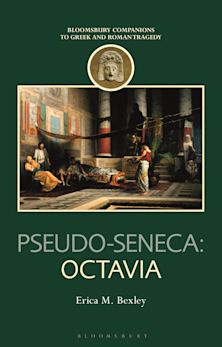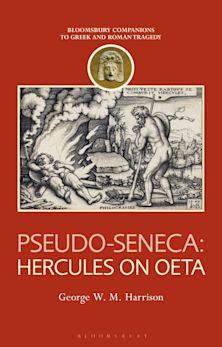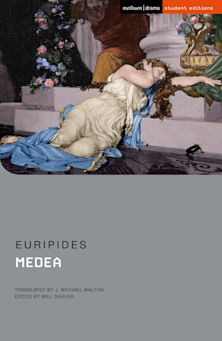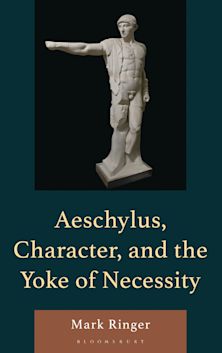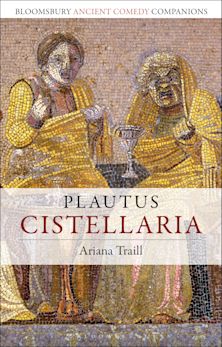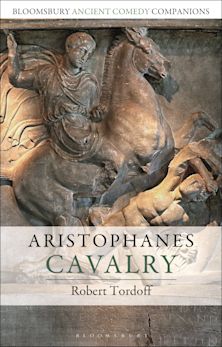The Lost Plays of Greek Tragedy (Volume 2)
Aeschylus, Sophocles and Euripides
The Lost Plays of Greek Tragedy (Volume 2)
Aeschylus, Sophocles and Euripides
This product is usually dispatched within 10-14 days
- Delivery and returns info
-
Free UK delivery on orders £30 or over
Description
The surviving works of Aeschylus, Sophocles and Euripides have been familiar to readers and theatregoers for centuries; but these works are far outnumbered by their lost plays. Between them these authors wrote around two hundred tragedies, the fragmentary remains of which are utterly fascinating.
In this, the second volume of a major new survey of the tragic genre, Matthew Wright offers an authoritative critical guide to the lost plays of the three best-known tragedians. (The other Greek tragedians and their work are discussed in Volume 1: Neglected Authors.)
What can we learn about the lost plays of Aeschylus, Sophocles and Euripides from fragments and other types of evidence? How can we develop strategies or methodologies for 'reading' lost plays? Why were certain plays preserved and transmitted while others disappeared from view? Would we have a different impression of the work of these classic authors – or of Greek tragedy as a whole – if a different selection of plays had survived? This book answers such questions through a detailed study of the fragments in their historical and literary context. Making use of recent scholarly developments and new editions of the fragments, The Lost Plays of Greek Tragedy makes these works fully accessible for the first time.
Table of Contents
Introduction
1. Aeschylus
2. Sophocles
3. Euripides
4. Unfamiliar Faces
5. Lost Tragedies in Performance
Bibliography and Abbreviations
Index
Product details

| Published | 01 Nov 2018 |
|---|---|
| Format | Hardback |
| Edition | 1st |
| Extent | 320 |
| ISBN | 9781474276467 |
| Imprint | Bloomsbury Academic |
| Dimensions | 234 x 156 mm |
| Publisher | Bloomsbury Publishing |
Reviews

ONLINE RESOURCES
Bloomsbury Collections
This book is available on Bloomsbury Collections where your library has access.












